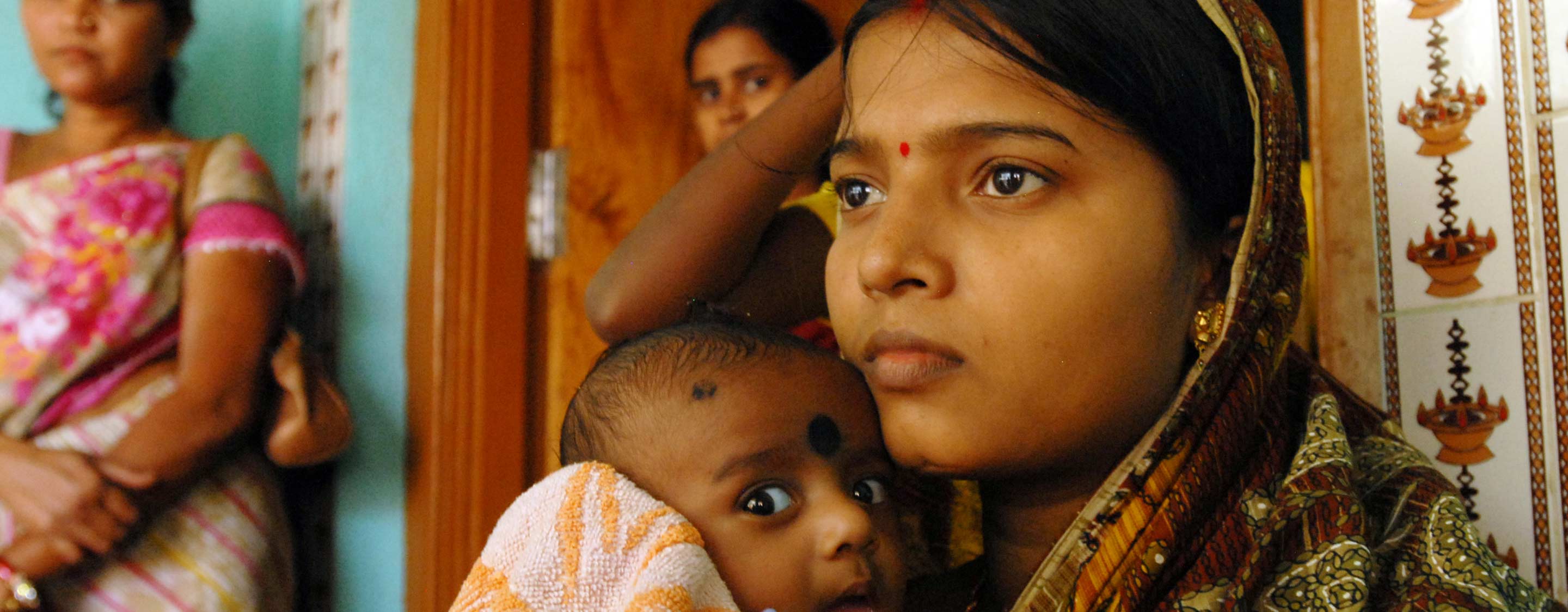Are price caps the only way we can make medicines more affordable in a country battling with poor healthcare? This recent incident proves otherwise
What would you do if a life-saving heart medication that your child needs vanishes from the market? Recently, some parents in India had to undergo this plight.
You might have to go through the same if the government continues similar policies.
Furoped, a crucial medication in heart-related ailments, was stopped being manufactured. It was the only syrup form of medication and ever since it vanished from the market, doctors have had to break a 40mg tablet to give the children. This is potentially fatal for the child in case of any error.
This happened because the National Pharma Pricing Authority (NPPA) capped the price of this medicine. So, furoped which cost around ₹107 per bottle was reduced to ₹9 per bottle.
The manufacturing cost of this medicine is much more than ₹9. It’s unviable to manufacture these medicines at this cost.
The companies that manufacture medicines do it for profits, like any other company. If this incentive or opportunity of making profits is taken away from them, they are likely to stop making their products. Or they might reduce the quality to make up for these losses; Which is unfavourable.
If a pharmaceutical company finds it unprofitable to make their products anymore, they will move to different products which will give them profits. Or they will supply their products to a market where they can get profits. This happens in every industry.
NPPA has capped prices of several critical medical instruments even before, like kneecaps and heart stents.
Abbott Industries, one of the leading manufacturers of heart stents, sought to leave the Indian market citing unviability as the prime reason. The government denied its request and forced them to operate in the market for six more months.
READ – Government’s Dangerous Stunt with Heart Stents
India has become a generic medicine destination for two decades but there are also medicines coming from abroad. Policies such as price controls and forcing manufacturers to stay in the market are observed globally and might send a wrong message to other countries that India is not a business-friendly nation. This might lead to less foreign investments and products in our country.
Despite the government’s noble intention of making medicines affordable and accessible, the action has lead to a completely opposite outcome – scarcity.
If price caps actually worked, we could set the price of every medicine at ₹10. And we all would be happy.
We need reforms that tackle this problem from the root, wherein we have a healthy functioning market where pharma companies compete with each other for quality products.
This will lead India to affordable and accessible medicines for everyone.
The price cap on Furoped was set in November last year. As per NPPA’s own estimates, the supply of Furoped had come down by 40 per cent after imposing price caps.
On June 28 2018, NPPA rolled back the price cap after realising it’s blunder.

